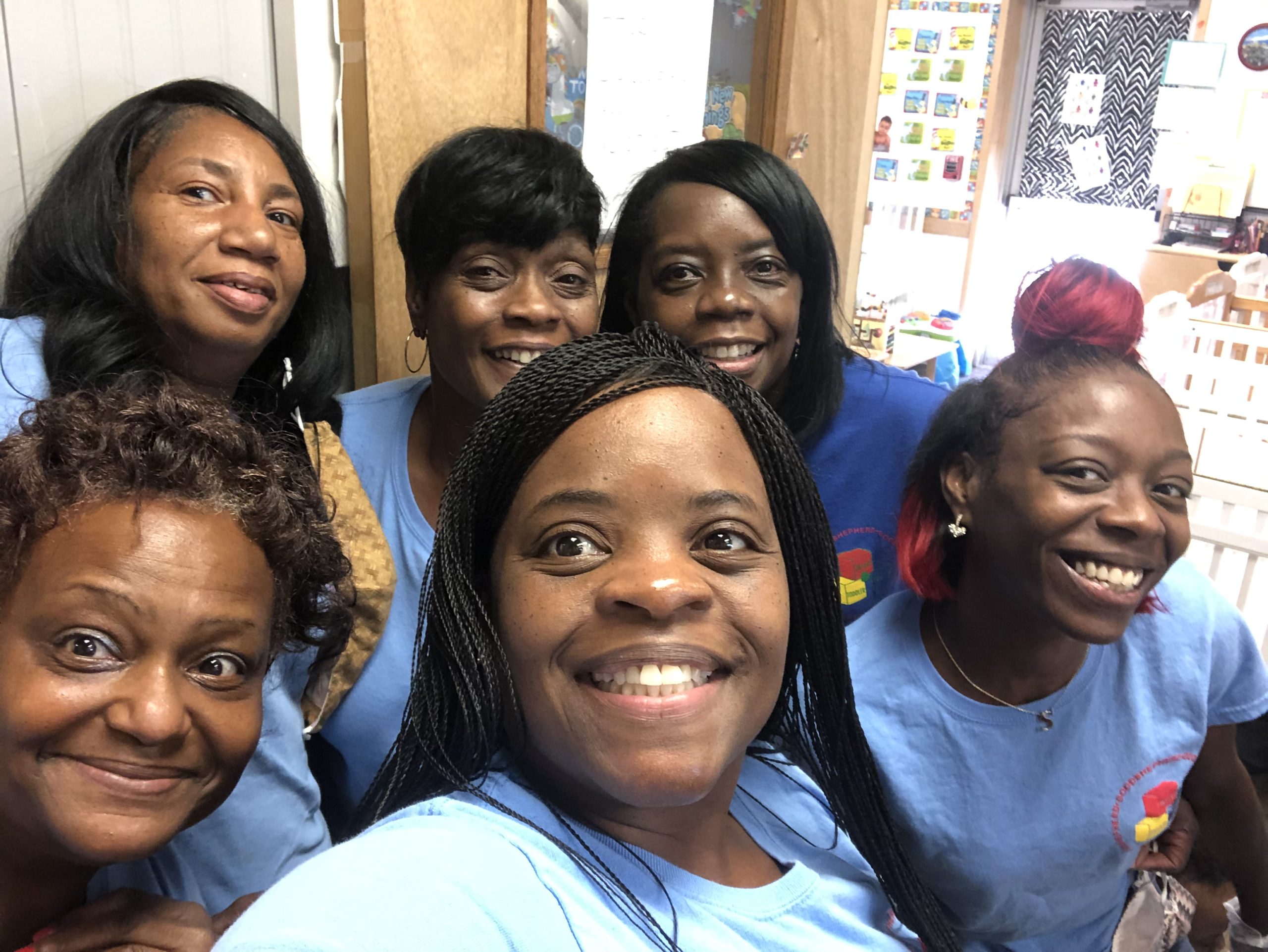My name is Cortaiga Collins and I am a Missouri childcare provider. When I first entered the profession, I simply wanted to provide a safe place for mothers to leave their children. I had so many traumatic experiences in my pursuit of quality child care, I wanted to spare other mothers from similar occurrences.
As I became more educated about the importance of this work, my motivation escalated from a dream into a passion. Despite the pitfalls, I am committed to the community I serve. Early childhood education is so much more than daycare. Providers are not only educators but sometimes counselors, nurses, janitors, plumbers, and innumerable other professions all rolled into one. We provide many benefits to the community, including supporting the local economy. We provide an invaluable service that is often overlooked and trivialized.
The emergence of the coronavirus exposed an ugly truth that child care providers live every day. We operate in a broken, under-funded system in which our contributions are devalued. The most vulnerable communities feel the brunt of this harsh reality. At the peak of the virus many small, independently owned centers in urban communities remained opened out of fear of unattainable sustainability. They made the difficult choice to value their livelihood over their lives. They put themselves on the frontlines every day to continue to provide an essential service to essential workers.
From April through June of this year we experienced an inkling of support when Missouri used federal relief funds to pay the child care subsidy for authorizations rather than attendance. This effort was long overdue. Now that the economy is starting to reopen, despite increasing cases of COVID-19, the state is reverting to paying based on attendance instead of enrollment. At the same time, providers are working to meet strict CDC-recommended guidelines to provide safe care for children and their staff which translates into reduced capacities, reduced enrollment, and burdensome new costs for necessary and additional staffing and equipment. The numbers don’t add up for providers. This decision will disproportionately impact communities populated by black and brown families. A Washington University study identified lack of quality early childhood as a leading indicator of health disparities between black and white communities in St. Louis. If more funds are not allocated to child care providers, many will be forced to make one of three difficult choices.
- Continue to adhere to CDC guidelines which decreases revenue, increases costs, and jeopardizes organizational sustainability.
- Disregard CDC guidelines and put staff, children and families at risk of contracting and spreading the coronavirus.
- Choose not to reopen, thereby shattering entrepreneurial efforts, negatively impacting the local economy and leaving the communities we have grown to love and support.
Without adequate relief, centers are destined to close, leaving numerous children and families void of services that have proven long-term benefits not only to the families but to the community and the economy. A 2019 study of the link between childcare and the economy estimates that child care has an overall economic impact of $99.3 billon– supporting over 2 million jobs throughout the country. It is impossible to try to rebuild the economy without rebuilding child care. Child care is essential, and if any industry deserves pandemic relief, long-term funding and policy change so we can invest future generations of children and families, we do.
Therefore, I strongly urge lawmakers to create a child care stabilization fund to provide critical support to families, child care providers and our state’s economy. A $50 billion federal investment would bring nearly $1 billion in stabilization funds back to Missouri to support providers at this critical time. For decades, child care has kept Missouri working. Now we need support from Congress and state policymakers to ensure child care is available to working families through the pandemic and beyond.
Do you have a story to share like Cortaiga’s?
You can help out by sharing your story as a child care provider or parent, and we will use these in our advocacy as we raise awareness for support for child care via social media and in communicating directly with policymakers. You don’t have to be a professional videographer or actor – we want to hear the real stories of families and providers throughout Missouri. Check out our tip sheets below and find out where you can record when you’re ready to go.

